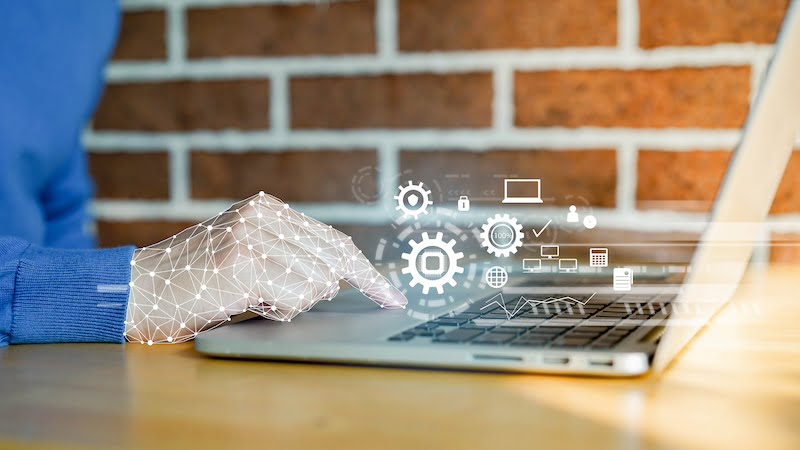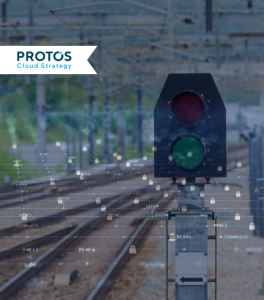
Do you occasionally use artificial intelligence at work? Then you might want to reconsider. According to a study, AI in the workplace has a negative impact on the quality of life.
With the massive success of ChatGPT, AI has also increasingly found its way into the workplace. But the use of artificial intelligence, robots or trackers at work could have a negative impact on your quality of life, as a study by the Institute for the Future of Work now suggests.
But there is also good news. Because not all technical aids have these effects. There is also technology that can have a positive effect on your well-being.
These are the effects of AI in the workplace
The think tank surveyed 6,000 people for this study. The aim was to find out how the use of different technologies in the workplace can affect well-being.
The researchers examined the use of robotics, wearable trackers and software based on artificial intelligence and machine learning. But the use of laptops, tablets and instant messaging was also analyzed.
The technologies in the first three categories performed particularly poorly in the study. When these were used in the workplace, they had a particularly negative impact on the health and well-being of employees.
According to the study results, the use of these technological helpers increases job insecurity and workload. Increased routinization also leads to a loss of autonomy and the meaning of work. This is “detrimental to the general well-being of employees”.
With these technical helpers, job satisfaction increases
The contrast to this are the technologies that have been established for a long time. According to the study results, these include laptops and tablets as well as instant messaging services. These would have a more positive impact on well-being at work.
The researchers suspect the reasons for this lie in the rationalization of work processes. Working life can also be made more efficient with these helpers. This in turn leads to a sense of success for employees.
Trackers and surveillance technologies, on the other hand, would have the opposite effect through constant monitoring. When using AI software, however, the technology itself is not necessarily the problem, as the lead author of the study describes. However, the ways in which these are used in workplaces are problematic.
Also interesting:
Source: https://www.basicthinking.de/blog/2024/03/15/ki-am-arbeitsplatz/


